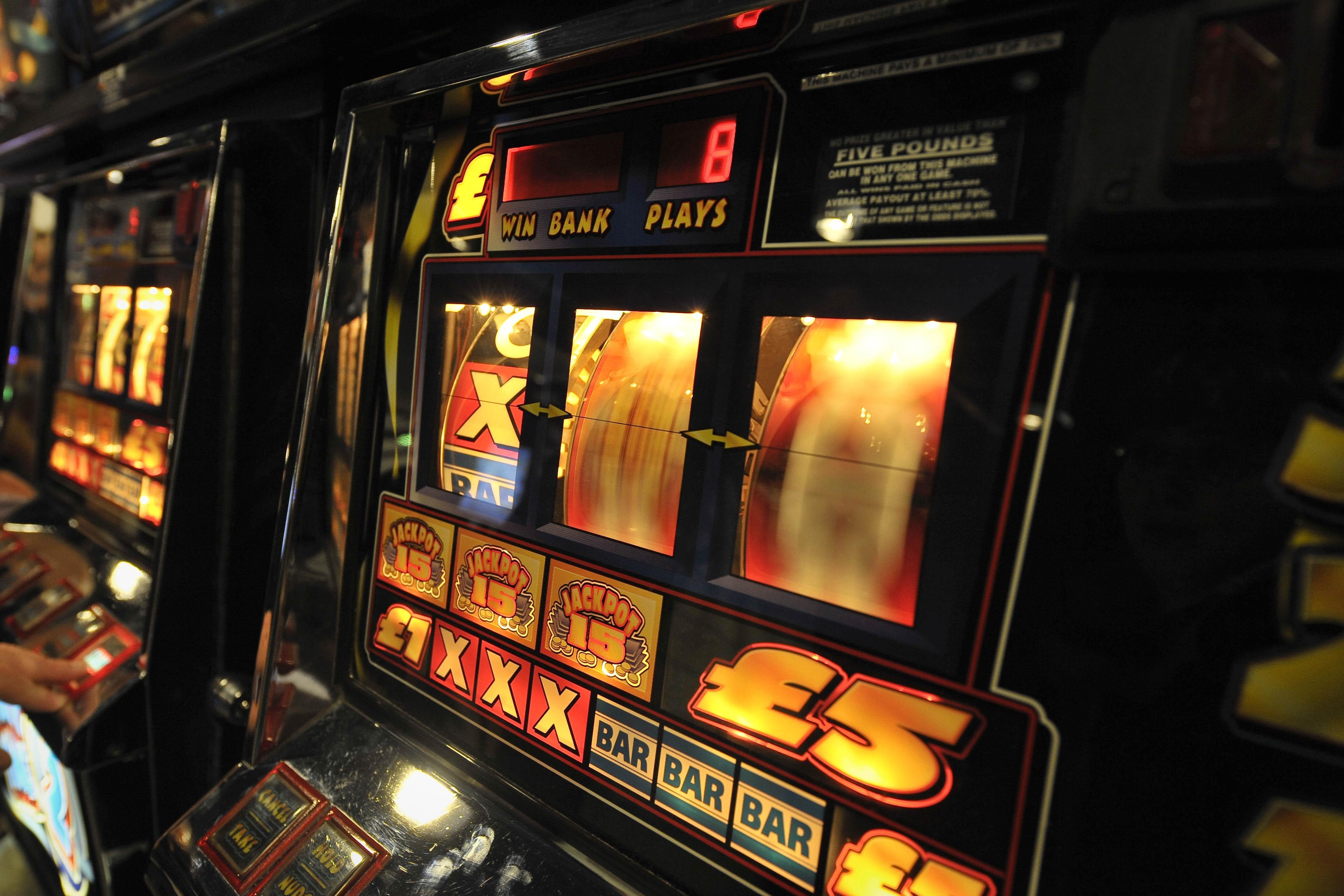NHS: Football clubs should ‘think seriously’ when agreeing gambling sponsorships
It comes as the NHS in England has seen a steep rise in demand for support for ‘gambling-related harms’.

Your support helps us to tell the story
From reproductive rights to climate change to Big Tech, The Independent is on the ground when the story is developing. Whether it's investigating the financials of Elon Musk's pro-Trump PAC or producing our latest documentary, 'The A Word', which shines a light on the American women fighting for reproductive rights, we know how important it is to parse out the facts from the messaging.
At such a critical moment in US history, we need reporters on the ground. Your donation allows us to keep sending journalists to speak to both sides of the story.
The Independent is trusted by Americans across the entire political spectrum. And unlike many other quality news outlets, we choose not to lock Americans out of our reporting and analysis with paywalls. We believe quality journalism should be available to everyone, paid for by those who can afford it.
Your support makes all the difference.Football teams should “think seriously” about their responsibilities to fans when accepting shirt sponsorships from gambling firms, the chief executive of NHS England has said.
It comes as the NHS in England has seen a steep rise in demand for support for “gambling-related harms”.
A record 1,389 patients were referred for help last year.
As a result, the NHS is launching seven more specialist gambling clinics to support people who are struggling.
Amanda Pritchard told BBC’s Sunday With Laura Kuenssberg that children are seeing messages “every day” that gambling is “OK”.
“We’ve had three this week that have entered into deals with with gambling industry providers for shirt sponsorship, which means that it’s kids that are seeing every day now messages that say gambling is OK,” she said.
“And I think actually would be really great to see the gambling industry and also organisations like football clubs really think seriously about their responsibilities here too.”
She said that the NHS has seen a “really significant” increase in demand for its gambling addiction services.
“Back in 1948 when the NHS was founded you had to go to a bookie shop to place a bet, now it’s 24/7 on people’s phones,” she said.
“So unsurprisingly, we’re seeing a really significant increase in demand.
“And for people who have got severe gambling addiction, it’s a really cruel disease and it’s a life destroyer.
“Today we’re opening seven more clinics that brings the total to 15 specialist clinics.”
The new NHS clinics are to be set up in Milton Keynes, Thurrock, Bristol, Derby, Liverpool, Blackpool, and Sheffield.
This is on top of clinics already running in London, Leeds, Newcastle, Manchester, Southampton, Stoke-on-Trent, and Telford as well as a national clinic, which treats both gambling and gaming addiction in children and young people, based in London.
The NHS plans to treat up to 3,000 patients a year across the 15 clinics.
Patients with serious addiction will be helped though cognitive behavioural therapy, family therapy, support groups and aftercare.
Psychologists, therapists, psychiatrists, mental health nurses and peer support workers will staff the clinics, offering support to patients as well as their family members, partners, and carers.
A spokesperson for the Betting and Gaming Council (BGC), said: “The BGC’s largest members pledged an additional £100m of funding between 2019 and 2023 for research, education and treatment (RET) services to be administered by the independent charity GambleAware and we continue to support and fund existing services delivered by charities such as GamCare’s 120 treatment centres, Gordon Moody and YGAMs youth outreach programmes, to ensure advice and support is free and easy to access.”
The spokesperson added: “Unlike the alcohol industry, which hands the NHS the bill for problems associated with alcohol, for over 20 years the betting industry has been the majority funder of research, education and treatment to tackle gambling harm and will continue to do so.”